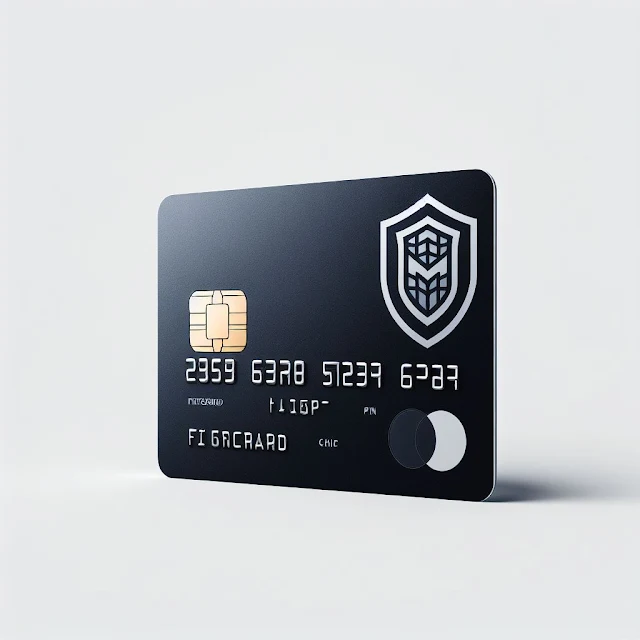Many individuals experience the impact of fraudulent activities on their credit cards, whether they frequently shop online or use them sparingly. The repercussions of card fraud can affect a wide range of individuals, whether you make frequent online purchases or use your card infrequently. In fact, even a single use in an insecure location may be sufficient for fraudsters to steal your funds. Therefore, we'll provide you with three key points to safeguard your credit card and avoid problems, applicable regardless of the bank you deal with.
In the case of card cloning, fraudsters may conduct fraudulent transactions, and your data may be stolen during online purchases through malicious websites or insecure networks, resulting in unexpected charges. Therefore, controlling your card, setting limits, and addressing security issues become essential.
These frauds can occur at any time and from anywhere, which is why effective steps should be taken to enhance the security of your credit card. We present you with three fundamental changes you can make to boost your protection:
How to Increase Your Bank Card Security: 3 Essential Improvements
Protecting Your Debit Card
When individuals copy your card, they can engage in fraudulent transactions or steal your data while shopping online. To avoid this, it's crucial to enhance control over your card and adjust security settings.
While card payments are generally considered secure, there's always a possibility of security vulnerabilities or individual errors leading to data theft. Emphasizing the importance of risk reduction and taking preventive measures to protect yourself from various types of cyber attacks is essential.
1. Disable the Magnetic Stripe:
The magnetic stripe is a exploitable weakness that fraudsters can use to clone your card. Disable this feature to mitigate risks and safeguard your card.
Disabling the magnetic stripe on your card is a prudent step to prevent unauthorized cloning and usage. This can be done through the security options available in most banks, ensuring an added layer of protection. With advancements in payment technologies, relying on the magnetic stripe has become outdated and impractical. Additionally, recent credit card innovations, such as MasterCard's announcement of cards without magnetic stripes, underscore the importance of transitioning to more secure technologies.
Also, don't forget to set appropriate spending limits to protect your account from any unauthorized use.
2. Set Transaction Limits:
Establishing limits on your card helps protect you from financial losses in case of card theft. You can set withdrawal and purchase limits to ensure they are not exceeded, thereby minimizing potential damages.
It's advisable to define usage limits for your card, whether for cash withdrawals at ATMs, in-store purchases, or online transactions. This precautionary measure protects you in case of card loss, as the set limit can thwart any fraudulent attempts by the thief, preventing withdrawals beyond the specified amount.
If you need to make a one-time large transaction, you can temporarily increase the limit through the bank's app or website. After completing the transaction, you can reduce the limit again, providing you with an extra layer of protection and helping avoid security issues.
3. Activate Geographical Restrictions:
Geographical control features in credit cards are an effective tool to prevent unauthorized usage, allowing users to specify locations where their cards can be used. During travel, temporarily disabling this feature can avoid potential inconveniences. Some banks go a step further by offering location-based services tied to mobile phone locations, enhancing protection.
Implementing these simple changes showcases the available options for you to protect yourself from debit card theft. Take necessary steps to fortify your financial security and guard against potential security issues.


